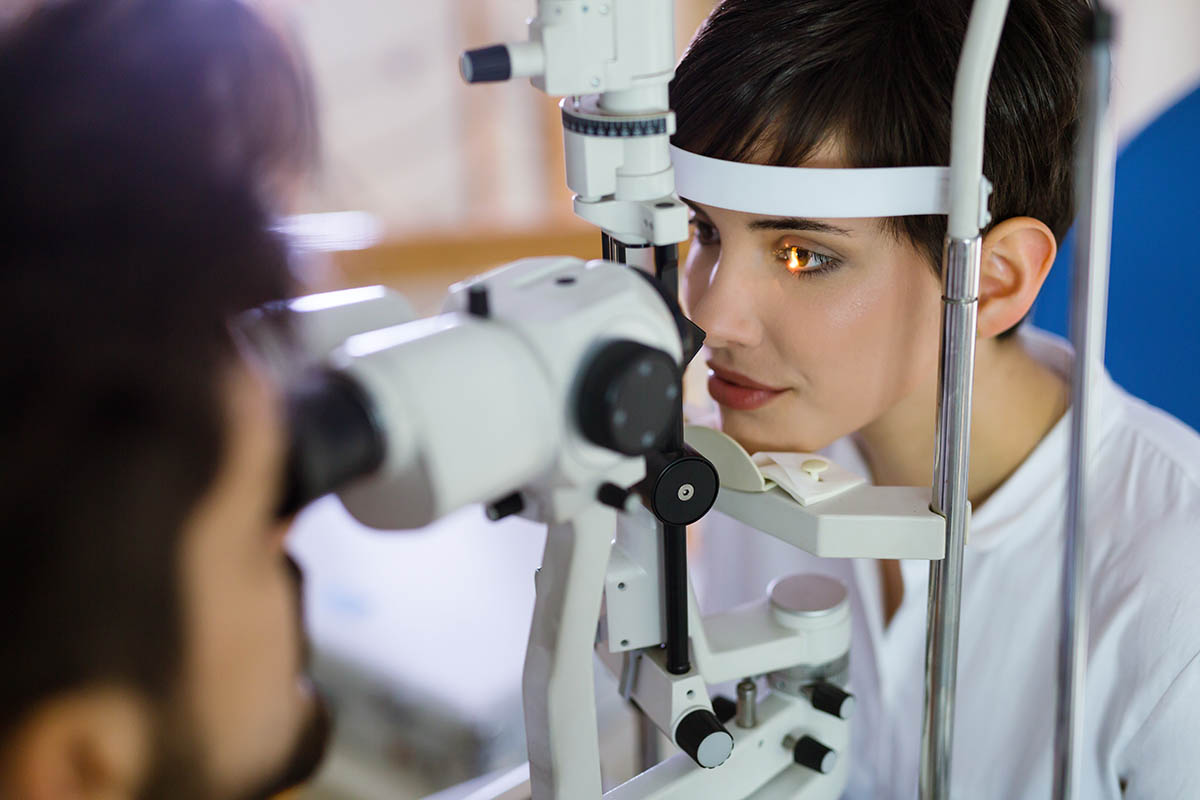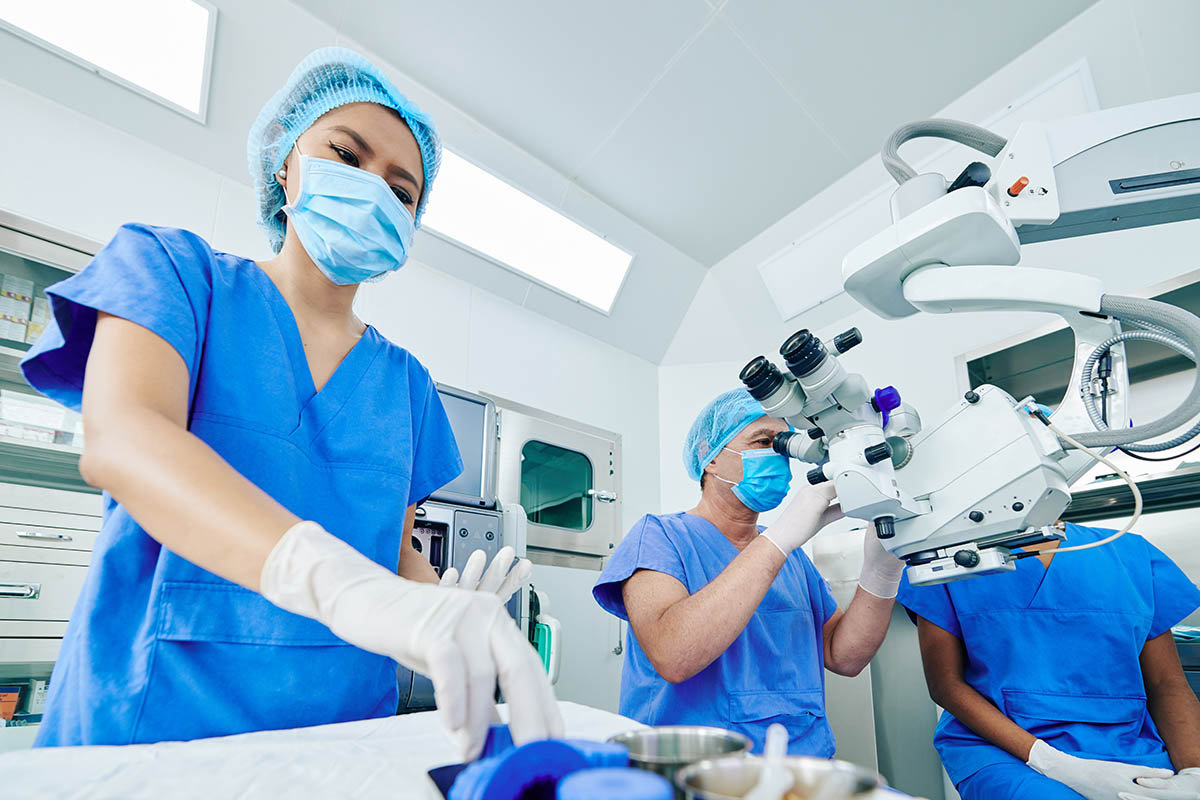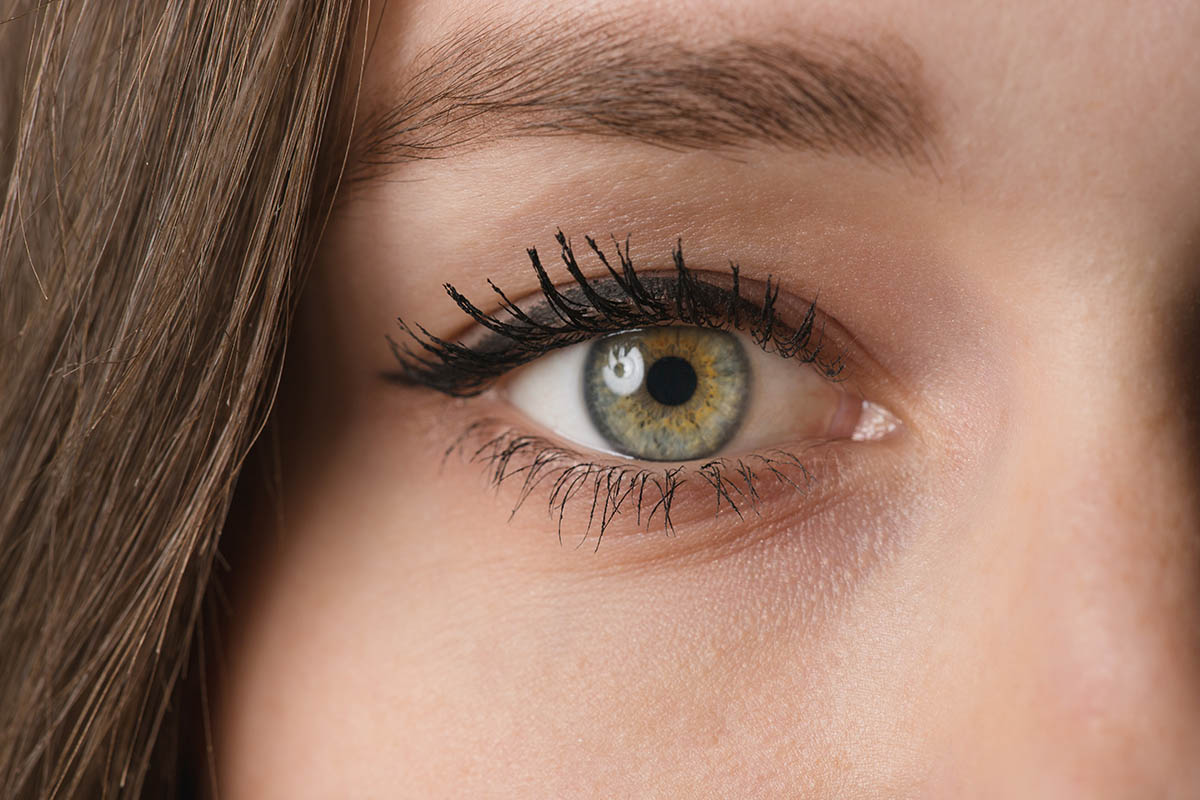Many Southeast Asians will develop cataracts as they get older. With grey hairs come some challenges. So far, the best way to address this increasing problem is to undergo cataract surgery in Singapore. It counts on vision implants to restore eyesight and improve one’s lifestyle. Despite its significant popularity, people still don’t know a lot about this cataract cure. In the post to follow, we will discuss a number of questions, from ‘What should I expect after the procedure?’ to, ‘Is cataract surgery covered by medical insurance?’ Stay tuned to learn more.
Table of Contents
What are Cataracts?
A cataract is an eye condition that typically befalls elderly people but is not exclusive to them. The best way to describe them is as a clouding that appears on the lens, as a result of which vision is impaired. It’s like there is a spot in the eye making it difficult to see objects clearly.
Imagine the steamy glass in your bathroom after a shower – can you see through it? This is basically what happens to the peepers when cataracts occur and you can be sure they are not the nicest of things you could experience.
More often than not people who are suffering from cataracts have other conditions that make them dependent on eyeglasses. Common cataract symptoms include:
- Difficulty seeing, especially at night
- Dim vision in one eye
- Seeing ‘halos’ in broad daylight and around lights in general
- Needing more light for various activities than you did before
- Frequent lens prescription changes
- Yellowing of colours
The decision to have cataracts removed is on the patient. If your vision is hindered due to the condition to the point that it affects the quality of your life, it’s only natural to want to replace your lenses with clear ones. Whether you’ll get to do it, though, is up to you.
What Causes Cataracts and Are There Any Risk Factors?
It’s mostly ageing. When you grow old, your lenses become weaker and more susceptible to this kind of problem. Injury is also at fault. The risk of cataracts can be significantly higher when you suffer from specific inherited genetic disorders.
Additional factors that contribute to it include but are not restricted to:
- Obesity
- Diabetes
- Smoking
- Increasing age
- Previous eye surgery
- Overexposure to sunlight
- Drinking a lot of alcohol
- Previous inflammation or injury in the eye
- High blood pressure
- Using corticosteroid medicine in excess
Eye Cataract Treatment

When your vision is damaged because of cataracts, there is one solution to reach out for: cataract surgery. It is an invasive procedure which consists of removing the natural lens(es) in one or both eyes, depending on where the clouding has occurred, and inserting new ones. This ultimately helps people obtain clear vision for a short period of time (some patients report improvement a few hours after the manipulation).
Now, you might be appalled at the thought of going under the knife, especially for such a tender and crucial region on your body. You are probably wondering if there is cataract removal without surgery. And the answer is, not at the moment. Unfortunately, there is no non-invasive alternative to cataract surgery. If you want to remove cataracts and improve your vision, an operation is the only reliable option.
Before the Cataract Operation
Normally, before undergoing any type of ocular surgery, you have to get an eye assessment by a qualified specialist. He or she will do a detailed check-up to determine your current eyesight problems as well as any other conditions that are unrelated to the peepers.
You should take this opportunity to ask your doctor any questions you have or share your concerns with them. It might be the best time to also mention your preferences in terms of artificial lenses. In some countries, patients are given monofocal lenses during their cataract surgery. The latter option comes with a single focus point, meaning it can only provide distance vision or near vision alone. Unfortunately, it doesn’t do both.
The opposite of that is multifocal lenses but they may be unavailable due to their higher cost.
During the Cataracts Treatment

The very cataract surgery may take ten minutes if no complications arise. However, you will spend around 45 minutes in the operating room overall because it will take time for the staff to prep you for the intervention. To being with, they will administer a local anaesthetic or general anaesthesia to numb the targeted area and to keep you relaxed and collected all the way through.
Traditional cataract surgery counts on a scalpel to make incisions into the cornea and then the surgeon has to open up its front part by hand. In comparison, bladeless laser cataract surgery resorts to a laser to get the job done and there is no manual work. Either way, the damaged natural lens(es) have to be cut out and put away to make room for the new ones. Next, the cataract is divided and suctioned out using an ultrasonic probe. The final step involves placing the artificial lens in the eye.
Eye Care after Cataract Surgery in Singapore
Luckily, cataract surgery isn’t as complicated as operations performed on other parts of the body, therefore, it allows for faster recovery times. If everything goes smoothly, you shall be stuck in the operating theatre for no more than an hour and then you will be transferred into a recovery room. After a while, the anaesthesia will begin to wear off, which will make you less groggy and more aware of your surroundings.
You need to arrange for a ride home ahead of time given the fact that you won’t be able to drive or walk all by yourself on the day of the intervention. Not only will you feel too weak but your vision will be blurry (or your eyes will be covered with a protective shield to keep daylight off).
When you get back home, try to rest as much as possible for the first 48 hours. Although you may be allowed to remove the shield from your face, don’t strain your eyes. Follow your doctor’s tips and recommendations.
To keep infection at bay, you will be instructed to apply special antibiotic drops 5-6 times a day for a week. Your medical consultant could also authorise the use of anti-inflammatory medication.
It is normal to have cloudy or blurry vision at the beginning of your aftercare journey. Your peepers will need time to adapt to the changes. In the meantime, don’t be alarmed if you experience bloodshot eyes – it’s caused by broken or damaged blood vessels. Everything will get better with time as the wounds are healing.
Remember to go back to the doctor’s office for a follow-up appointment, which will be scheduled for the second or third day after the cataract surgery. This time around they will check the treated area for complications and unwanted reactions.
Another recommendation is to wear sunglasses for post-cataract surgery for about 12 months after you’ve had the procedure. They should come with a UV coating that will deter sunrays from passing straight through your eyes.
Keep in mind that full recovery will occur after a month, so be patient and comply with the instructions you’ve been given.
Possible Side Effects after Cataract Surgery
Aside from mild bruising and blurry vision, there should be no unpleasant reactions whatsoever. The doctor might write a prescription for pain-relieving eye drops to keep the discomfort in normal ranges. If you happen to experience stabbing pain in eye after cataract surgery despite your best efforts to stop it, this may be a red flag. Do contact your surgeon as soon as possible to figure out what is causing the problem.
Cataract Surgery Complications in Elderly
Cataract surgery in Singapore is usually elective surgery, which is why all advantages and disadvantages should be weighed in before arriving at a decision. About 96% of patients going under the knife with no co-morbidities have restored 20/40 of uncorrected acuity for distance vision. What this means that they can enjoy their everyday activities without wearing contact lenses or eyeglasses and are even allowed to drive a car.
When it comes to those who had reported other pre-existing eye diseases, almost 90% of these cases were successful.
Now, people above the age of 85 don’t always achieve great visual acuity. Poorer outcomes might be due to increasing age in addition to other ocular diseases that the person is experiencing alongside cataracts.
To avoid complications, doctors generally need to be overly cautious when operating on these individuals. Extra care and effort should be administered to those who have cardiovascular diseases or other eye conditions, e.g. age-related maculopathy.
Cataract Surgery Cost Singapore
The price does vary from location to location. It starts at $3,000 and could climb to the staggering $8,000. Plentiful factors will determine the final estimate. You should research the different clinics and hospitals and consider every option under the sun. Just make sure you don’t fall for unqualified and non-certified ‘doctors’. It is your vision at stake, don’t underestimate the risks.
Is Cataract Surgery Covered by Insurance?
This one varies from country to country and contractor to contractor too. Unlike LASIK surgery, cataract surgery is at least partially, if not fully, covered in most countries. Most companies will shell out money for traditional cataract surgery (with a scalpel) but not for laser procedures. Because it’s elective surgery, you should be prepared financially and mentally to deliver the money yourself.
Those companies that agree to pay for your ocular manipulations may impose restrictions on the type of artificial lens implant you can have. Additionally, they may require a waiting period of two or so years before they delegate the budget for the procedure. It’s different for every contractor. In other words, you should discuss this matter with your insurance provider or check out your government’s policies regarding cataract surgery.
Prevention of Cataracts: Is That Possible?
There is no definitive guide on how to prevent cataracts or other eye conditions but there are ways to slow down their progression.
- Eat a healthy diet. Although it sounds clichéd, it’s true. It is a no-brainer that the foods you eat play a crucial role in your health status. The more veggies and fruits you include in your daily regimen, the more vitamins you will get from them. That in turn will provide antioxidant effects, keeping your organs and eyes in good shape. On the flip side, eating a lot of junk food will do no good to you. Not only does it lack nutrients but it will cause high acidity in your body, which is a prerequisite for a host of digestion and health problems.
- Visit your eye doctor annually or on an as-needed basis. It is paramount to schedule regular examinations with a specialist so that you can detect any eye problems early on and prevent them from advancing. You may need to make trips to your doctor more often than you think or you may be encouraged to see them once every 3-4 years. They will tell you which timeframe to stick with.
- Make certain that other health issues aren’t a concern. It’s not enough to get eye check-ups on the regular, you have to monitor your overall health and ensure that it is in good shape. As mentioned earlier, diseases like diabetes can have a direct impact on your eyes, so it’s best to avoid getting there altogether.
- Use protective eyewear. The development of cataracts may be accelerated by ultraviolet light. Wearing certified sunglasses that are proven to block UVB rays will help you shield your face from the sun. Add in a wide-brimmed hat or a sun visor hat to enhance protection and your peepers will be forever thankful.
- Wave nicotine goodbye. Easier said than done, right? If you are a smoker, it can cause a variety of diseases, not to mention make you susceptible to problems with your peepers. It may be difficult to quit the puffs overnight and that’s perfectly understandable, but at least you should try to cut them down. Consider signing up for therapy or think about replacing the habit with a better one.
- Put down the glass of wine. Reducing alcohol use will prove beneficial for your entire system. That’s not to say you should never have a drink ever – just don’t make a habit out of it. You know how difficult it is to break it.
Bottom Line
The majority of patients respond well to cataract surgery; then again, some of them don’t get the expected improvement in their vision. Prevention is key to ensuring that eye problems don’t develop or don’t get worse with time.

